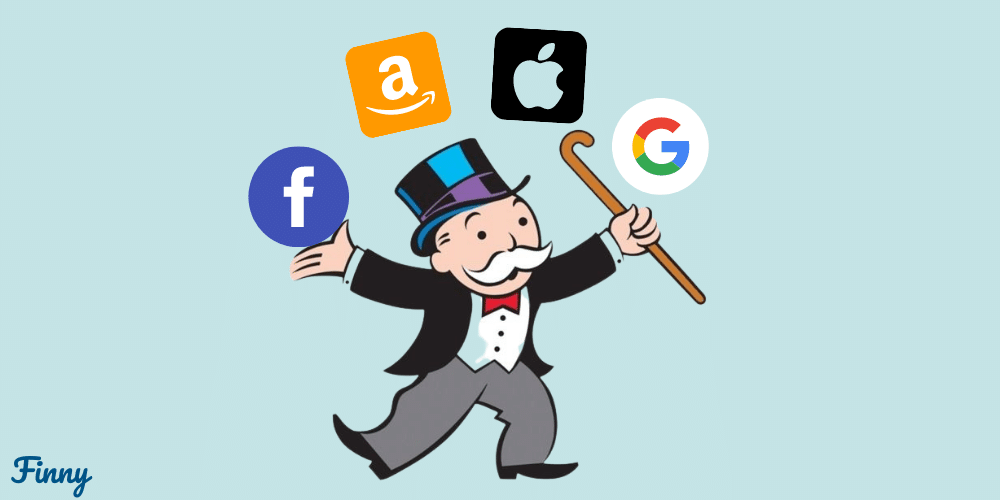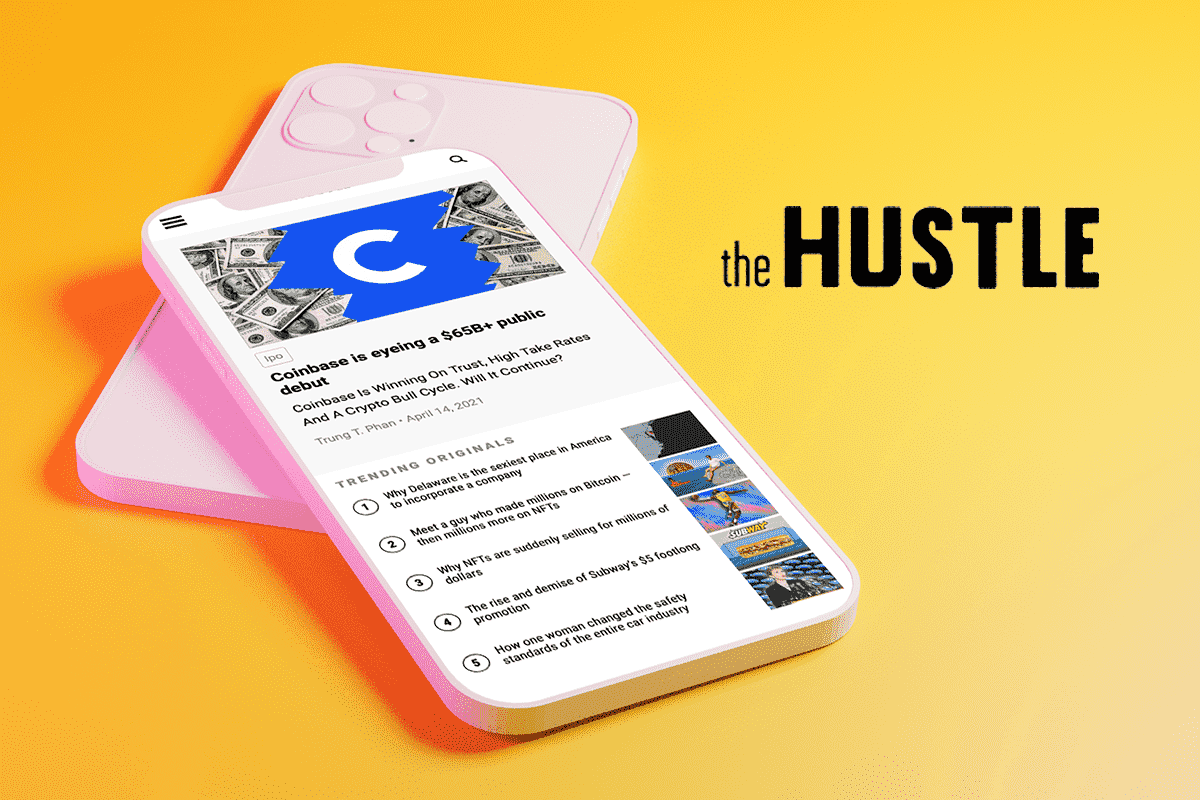| We've made some leaps and bounds in terms of our technological advancements over the last century, and some exponential jumps over the last few decades. These gains have undoubtedly been a net positive for the whole world, and we don't know where we'd be today without the internet and all of its respective derivatives. Innovation is amazing, but it's also a lot of other things too. One of the biggest hurdles is just how capital intensive the tech industry is, and this has resulted in a bit of a monopolistic clique. Go to jail? Earlier this month, legislation in the house introduced a bipartisan proposal to force some major players in the tech field to be "broken up" so to speak. Companies like Amazon, Alphabet's Google, Apple, and of course Facebook would be among those impacted. The bill would essentially require the companies to be split in one way or another or somehow rid themselves of their proprietary private-label products. How exactly they would go about doing this or enforcing it is unknown as of yet, and will certainly be an elongated process, but the bill nevertheless has a shot at passing due to its bipartisan nature. Their argument is pretty simple. They want a free market, but the free market is inherently oxymoronic without regulation to some degree. An unchecked business landscape would result in an oligopoly, a state we may already be in. The case that companies with the best products always win doesn't totally stand up either, since in reality, winners are those companies with the most capital. It can easily become a snowballing effect. Who's the banker? These companies are all hauling in massive revenue numbers every year, and their growth rate is exponential too. If you combine this with their already immeasurably high market share, you've got the perfect recipe for a nice subtle monopoly of sorts. - Amazon almost doubled its reported net income in 2020, up to $21 billion from 2019's paltry $11.6. As big as Amazon is, they're a small fish to the others.
- Google topped $40 billion themselves, also up 17% from 2019.
- Facebook pocketed about $86 billion, and Apple about $64 billion. Ya know, just something light.
So who wins? The effectiveness of antitrust laws has been an ongoing debate since their introduction all the way back in 1890 with the Sherman Act. Some make the case that we should just let the free market do as it wills, and let the cycles and industry giants come and go as they will. Others support intervention and find it disconcerting that any one entity could have that much power. At the end of the day, these are businesses that almost all of us are patrons of in one way or another. Whether you directly subscribe to Amazon Prime or not, you probably subscribe to something that uses Amazon Web Services, or runs ads on Google, or uses Apple devices, or...you get the picture. Whether we can see it or not, all of us are involved, so it would be prudent of us as conspicuous consumers to keep digging on this matter. | 







